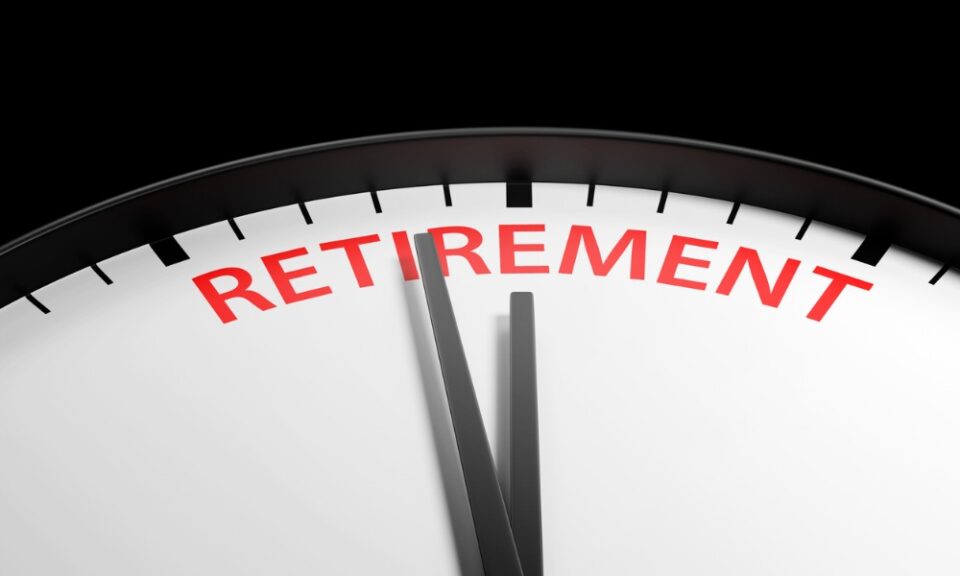Retirement marks a significant milestone in the lives of federal employees. Careful planning ensures financial stability, health coverage continuity, and peace of mind during those years. Understanding critical aspects of the process can help them make informed decisions and avoid common pitfalls.
Proper planning reduces the risk of unexpected financial challenges. Starting early allows for better savings and benefit maximization. This article explores the key factors that individuals planning for federal retirement should consider, and also the benefits of hiring these experts.
Eligibility Criteria for Retirement Plans
Eligibility for retiring depends on age, years of service, and specific systems such as the Civil Service or the Federal Employees Retirement Systems. Employees must meet minimum service and age requirements to qualify for full or partial benefits. Staying updated on eligibility rules is essential for planning the right timeline. It helps avoid delays in receiving payments. Consulting human resources early can clarify eligibility concerns.
Pension, Social Security, and TSP Withdrawals
Federal employees can draw income from pensions, Social Security, and Thrift Savings Plan (TSP) accounts. Balancing these sources ensures financial stability. Social Security eligibility depends on work credits, while TSP withdrawal strategies include lump-sum payments, monthly installments, or lifetime annuities. Understanding how these options interact is key to long-term financial success. Reviewing benefit statements regularly can reveal potential gaps. Professional advice can help optimize withdrawal strategies.
Selecting the Best Retirement Date
Choosing the right date can significantly affect financial outcomes. Retiring at the end of a leave year maximizes annual leave payouts, while retiring at the end of a pay period can increase the first check. Employees should also consider special payment adjustments, such as cost-of-living increases, when selecting a date. Planning around these factors can prevent income interruptions. Detailed consultations ensure proper timing.

Calculating Retirement Benefits Accurately
Accurate benefit calculations depend on service records and salary history. Employees should regularly review official service records to ensure accuracy. Requesting benefit estimates from human resources or using official calculators helps determine expected monthly payments and identify any discrepancies early on. Correcting errors in service records prevents benefit reductions. They should keep copies of important employment documents.
Health Insurance and Long-Term Care Coverage
Maintaining health coverage through the Federal Employees Health Benefits (FEHB) Program is essential after retiring. Enrollees can continue their existing coverage if they meet eligibility requirements. Additionally, considering long-term care insurance provides extra security for future healthcare needs, protecting savings from unexpected medical expenses. Monitoring insurance updates ensures coverage remains current. Comparing various insurance plans can reduce costs.
Post-Retirement Taxes and Financial Obligations
Tax obligations after retiring may change based on income sources such as pensions, Social Security, and TSP withdrawals. Understanding federal and state tax rules helps reduce liabilities. Strategies such as Roth conversions or tax-efficient withdrawal plans can minimize tax burdens while preserving funds. Tax planning prevents unexpected financial strain. Early preparation simplifies annual tax filings.
How Webinars Can Help
Webinars led by experienced financial planners simplify the complexities of planning. Key topics often covered include:
- Understanding federal retirement systems
- Maximizing pension and TSP withdrawals
- Managing healthcare and insurance coverage
- Reducing tax obligations
- Avoiding common planning mistakes
Tips to Hire a Retirement Planner
Selecting the right consultant or planner ensures personalized financial guidance. Look for certified professionals with expertise in federal benefits. Check credentials, read client reviews, and choose a planner who offers transparent communication and a deep understanding of the rules related to this process. A good planner creates customized strategies. Clear communication builds trust and ensures positive outcomes.
Employees planning for federal retirement must be aware of various factors, including eligibility rules, benefit calculations, healthcare coverage, and tax strategies. Proactive preparation leads to a more secure and fulfilling life after retirement

